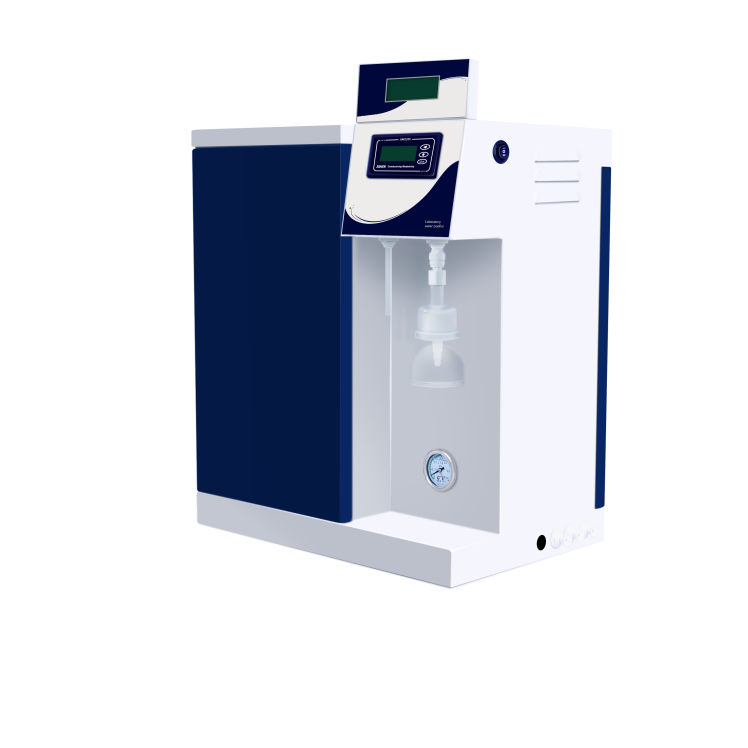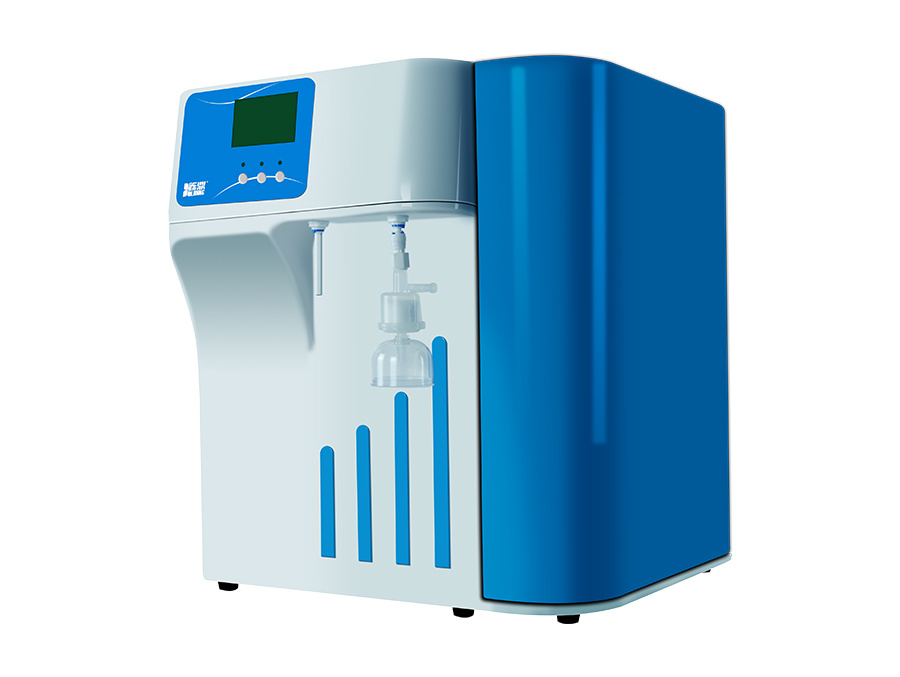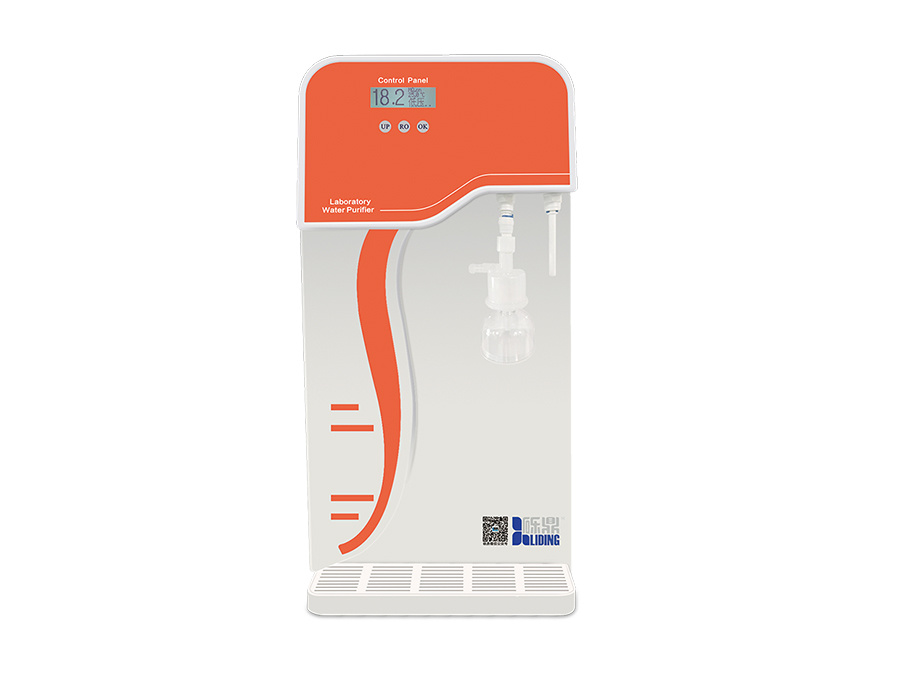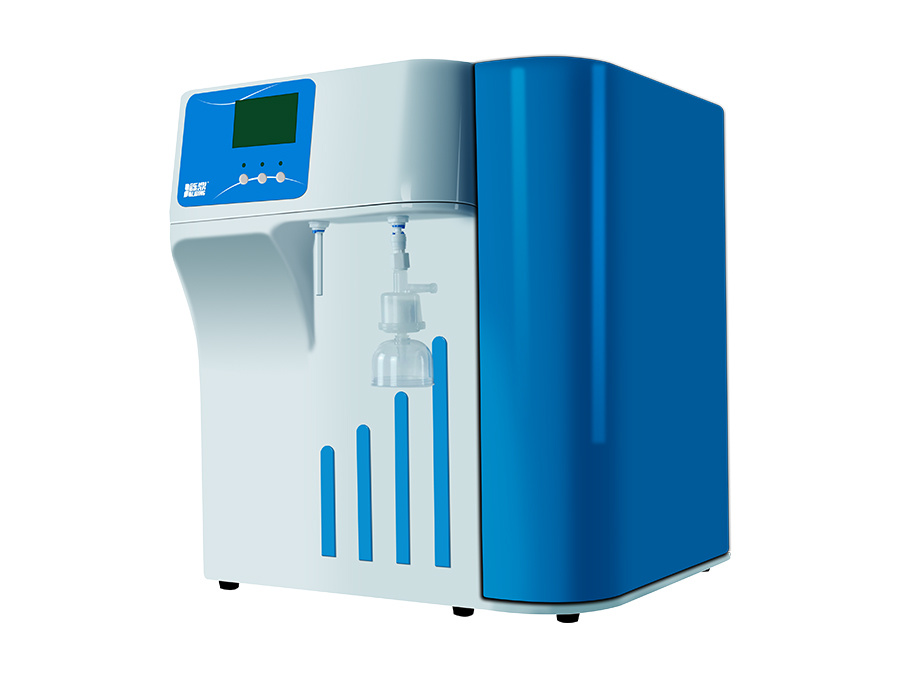How Ultra Pure Water Treatment Enhances Equipment Longevity
Time:
Jun 13,2025
How Ultra Pure Water Treatment Enhances Equipment Longevity
Table of Contents
- Understanding Ultra Pure Water
- Importance of Water Quality in Industrial Applications
- How Ultra Pure Water is Produced
- Impact on Equipment Longevity
- Enhancing Operational Efficiency Through Water Treatment
- Cost Benefits of Ultra Pure Water Systems
- Best Practices for Implementing Water Treatment Solutions
- Future Trends in Ultra Pure Water Treatment
- FAQs
Understanding Ultra Pure Water
Ultra pure water, often referred to as UPW, is water that has been treated to remove virtually all contaminants. This includes not only suspended solids and microorganisms but also dissolved minerals and organic substances. The goal is to achieve a conductivity level of less than 0.055 microsiemens per centimeter, making it suitable for highly sensitive applications in industries like pharmaceuticals, electronics, and manufacturing.
Importance of Water Quality in Industrial Applications
In industrial sectors, the quality of water used is paramount. Poor water quality can lead to equipment failures, reduced efficiency, and increased maintenance costs. For example, hard water can cause scaling in pipes and boilers, while microbial contamination can lead to product recalls in pharmaceutical and food production industries. By utilizing ultra pure water, companies can mitigate these risks, ensuring their equipment operates optimally.
How Ultra Pure Water is Produced
The production of ultra pure water involves several advanced purification processes:
1. Pre-treatment
Before water undergoes ultra-purification, it is first pre-treated to remove larger particles and contaminants. This can involve sedimentation, filtration, and the use of activated carbon.
2. Reverse Osmosis (RO)
Following pre-treatment, reverse osmosis is used to remove dissolved salts and larger organic molecules. This process pushes water through semi-permeable membranes, significantly reducing total dissolved solids.
3. Deionization (DI)
Deionization is the next step, where ion-exchange resins are used to eliminate positively and negatively charged ions, further purifying the water.
4. Final Filtration
The final step usually involves a 0.2-micron filtration to remove any remaining particulates, ensuring the water is devoid of contaminants before use.
Impact on Equipment Longevity
Utilizing ultra pure water significantly enhances the longevity of industrial equipment.
1. Reduction of Scaling
One of the most notable advantages is the reduction of scaling in pipes, boilers, and heat exchangers. Scaling can lead to overheating and equipment failures, necessitating costly repairs or replacements.
2. Prevention of Corrosion
Ultra pure water contains minimal dissolved oxygen and other corrosive agents, drastically reducing the risk of corrosion on metal surfaces. This is particularly crucial in sectors like energy and manufacturing, where equipment can be exposed to harsh conditions.
3. Improved Operational Reliability
With less scaling and corrosion, equipment operates more reliably, resulting in fewer breakdowns and unplanned maintenance. This not only saves on repair costs but also maximizes production uptime.
Enhancing Operational Efficiency Through Water Treatment
The adoption of ultra pure water treatment systems can streamline various operational processes:
1. Consistent Product Quality
In industries like pharmaceuticals and food production, ultra pure water is critical to ensuring product quality. Consistency in water quality leads to reduced variability in product outcomes.
2. Energy Savings
Equipment that runs efficiently uses less energy. By minimizing scaling and fouling, ultra pure water systems can lead to lower energy consumption, translating to significant cost savings over time.
Cost Benefits of Ultra Pure Water Systems
While the initial investment in ultra pure water treatment systems may be substantial, the long-term savings and benefits are considerable.
1. Decreased Maintenance Costs
As previously mentioned, enhanced equipment longevity means less frequent repairs and replacements, ultimately reducing maintenance costs associated with downtime and labor.
2. Increased Productivity
With reliable equipment, production processes can run smoothly without interruptions, leading to higher output and profitability.
3. Regulatory Compliance
In many industries, maintaining high-quality water standards is not just beneficial but required. Using ultra pure water can help organizations meet strict regulatory guidelines, avoiding fines and potential shutdowns.
Best Practices for Implementing Water Treatment Solutions
To fully harness the benefits of ultra pure water treatment, certain best practices should be followed:
1. Regular Maintenance and Monitoring
Regular checks and maintenance of water treatment systems are essential to ensure they are functioning at optimal levels. This includes monitoring water quality parameters and system integrity.
2. Training Staff
Proper training for staff on operating and maintaining water treatment systems can prevent mishandling and ensure systems are utilized effectively.
3. Choosing the Right Technology
Selecting the appropriate water purification technology depends on the specific needs of the industry and the quality of the source water. A detailed evaluation can lead to better outcomes.
Future Trends in Ultra Pure Water Treatment
As technology advances, several trends are likely to shape the future of ultra pure water treatment:
1. Automation and Smart Technology
The integration of smart technologies and IoT devices can enhance monitoring and control of water treatment systems, leading to greater efficiency and reduced human error.
2. Sustainable Practices
There is an increasing focus on sustainable water treatment practices, including recycling and reusing water within industrial processes to minimize waste.
3. Advanced Filtration Technologies
Emerging filtration technologies, such as nanofiltration and membrane bioreactors, promise even greater efficiency in water purification, opening doors for broader applications and improved performance.
FAQs
1. What is the difference between ultra pure water and distilled water?
Ultra pure water has undergone additional purification processes beyond those of distilled water, resulting in much lower levels of contaminants.
2. How does ultra pure water affect product quality in pharmaceuticals?
Using ultra pure water in pharmaceuticals ensures that there are no impurities that could compromise product safety and efficacy.
3. Can ultra pure water systems be used in all industries?
While ultra pure water systems are beneficial in many industries, their necessity and application vary depending on specific industry standards and requirements.
4. What are the environmental impacts of ultra pure water treatment?
Environmental impacts can include energy usage and waste generation, but advancements in technology are focused on reducing these footprints through sustainable practices.
5. How often should ultra pure water systems be serviced?
Regular servicing should be done based on manufacturer recommendations and operational demands, typically every 6 to 12 months.
Conclusion
Investing in ultra pure water treatment is a strategic move for industries seeking to enhance equipment longevity and operational efficiency. The benefits extend beyond just improved water quality; they encompass reduced maintenance costs, enhanced product quality, and increased productivity. As technology continues to evolve, embracing these advanced water treatment solutions will position companies at the forefront of their industries, ensuring they remain competitive and compliant in an increasingly demanding market. By understanding the importance of ultra pure water and implementing best practices, organizations can secure their operational future and maximize the longevity of their valuable equipment.








